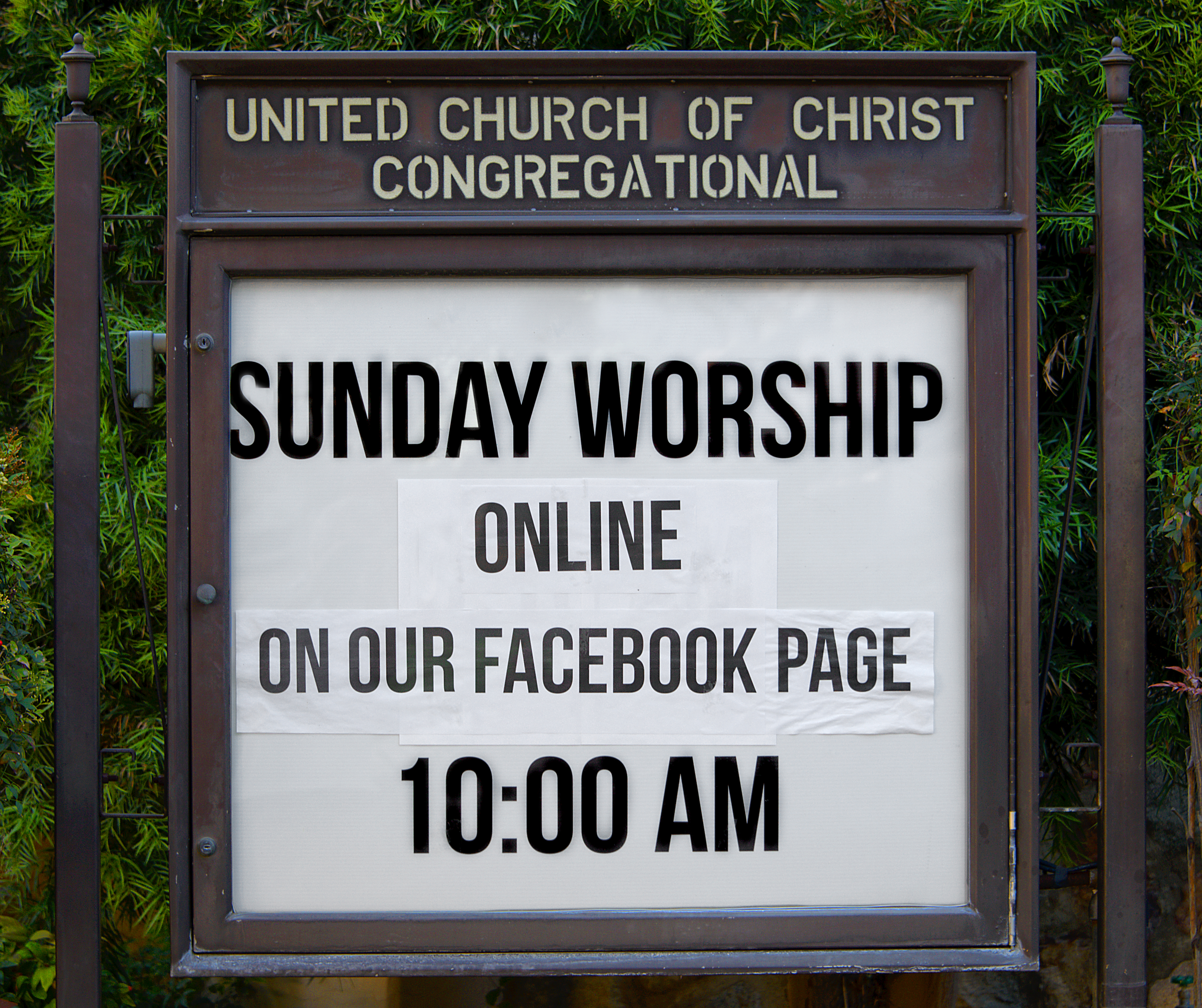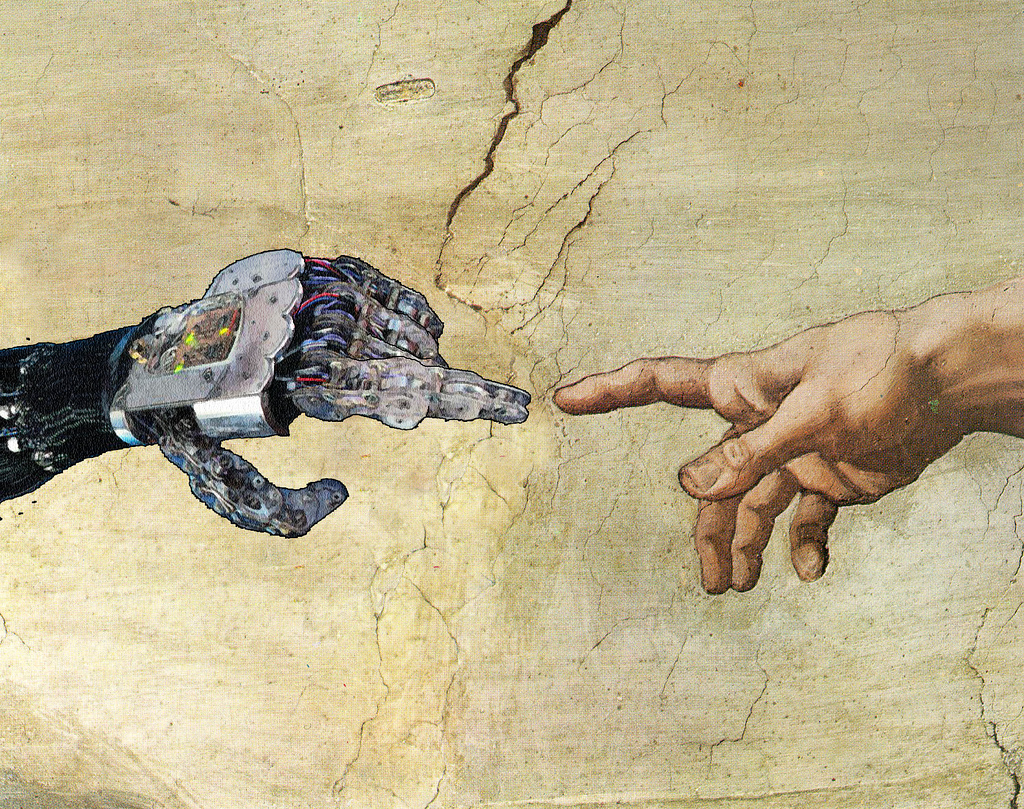This is #3 in our cyborg mythologies series, where we explore the cyborg as a historical being intertwined within mythologism, ancient religion and sacred iconology. A way to envision the technologies of the present through the imaginations of the past.
God is often described as omniscient, as having the ability to know everything. Armed with our smartphones, with a high-speed internet connection enabled by an intricate system of underwater cables, one could argue that the power of omniscience lies at the tips of our fingers. In a world where data is omnipresent, perhaps then God exists in and as our smartphones too?
In a world where data is omnipresent, perhaps then God exists in and as our smartphones too?
Living in a futuristic present, where the idea of us, who we are, what balances us and what grounds us is getting radically redefined. A popular spiritual practice in the East is the idea that the human body is made up of seven different chakras, the imbalance of which causes the imbalance in our minds and lives. A spiritual penance is defined by the attainment of nirvana, a space of alignment of our chakras. A chakra can now be a moldable arc reactor, a cybernetic system that helps us perceive the cosmos beyond us, which otherwise could take years and lives of practice to achieve. The work of the Cyborg Foundation and the normalcy of the existence of cyborgs like Neil Harbisson and Kai Landre is proof of that. These ideas are not actually that far fetched as they seem. There are cyborgs that walk our very Earth, whose energy centres have been hacked; be it Neil Harbisson’s third eye to view colour or Moon Ribas’s sensorial experience of the root chakra by sensing earthquakes.
So what can cyborgism do to our understanding of religion? Is it possible for traditional concepts of religion to change, mould and exist with evolving technologies? This is an important argument for trans-species today as they are widely divided on the ideas of religion and/or spirituality. The crux of this argument lies in the traditional idea of religion that is stuck in its ways of thinking. If one googles cyborgs and gods, you’ll be bombarded with a slew of articles that talk of how in a future where humans enhance themselves with cybernetic components, we are all bound to become ‘god-like.’ But, Jesus was a cyborg only because everyone walking the planet is already one.
Jesus was a cyborg only because everyone walking the planet is already one.

We are everywhere and nowhere at once by the virtue of data, and perhaps even by the virtue of God. The data we interact with on a second to second basis is connected across and beyond the Earth. As one big techno-neural network, we are already omnipresent through the Internet of Things, telecommunication lines under the sea, amongst many other things. Our data runs through the very Earth that we worship, its born from materials that were sourced from the environment around us. Shouldn’t worshipping the ground we walk on hold the same reverence as the (digital) clouds that hold our intimate data?
Shouldn’t worshipping the ground we walk on hold the same reverence as the (digital) clouds that hold our intimate data?
Are humans gods? No. But, can our idea of religion radically change? Yes. Viewing data as our omnipresent, all-powerful God, perhaps technological singularity can be the neo-religion we follow, or a wave of nouveau secularism. This food for thought can be thought of in various different ways. With science and religion often at loggerheads, we could perhaps also imagine a future where scientific atheism would prevail with the erasure of all religion. The concept of religion evolving to match humanity’s techno-futuristic ideas is a growing, unmediated field that is slowly gaining popularity. As technology evolves with us, religion will too.

Share your thoughts and join the technology debate!
Be the first to comment